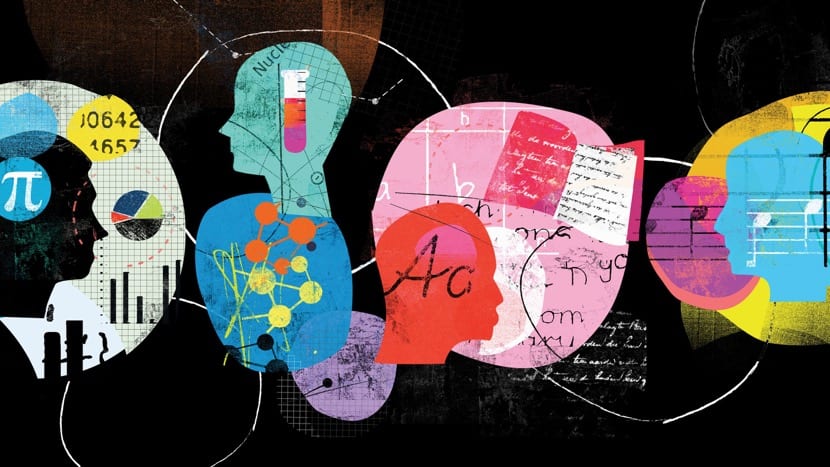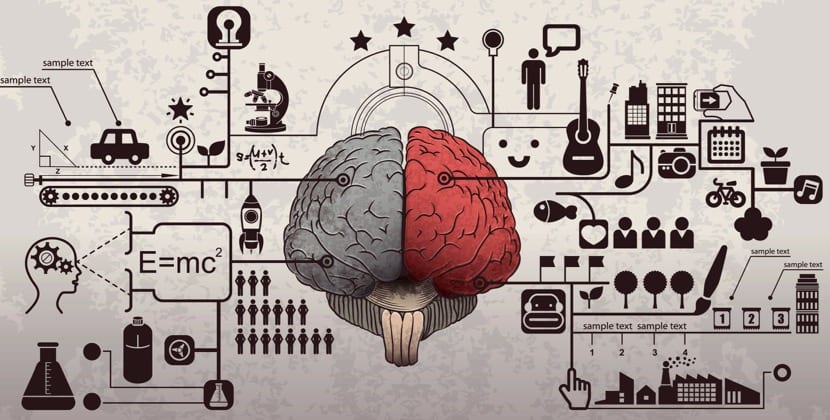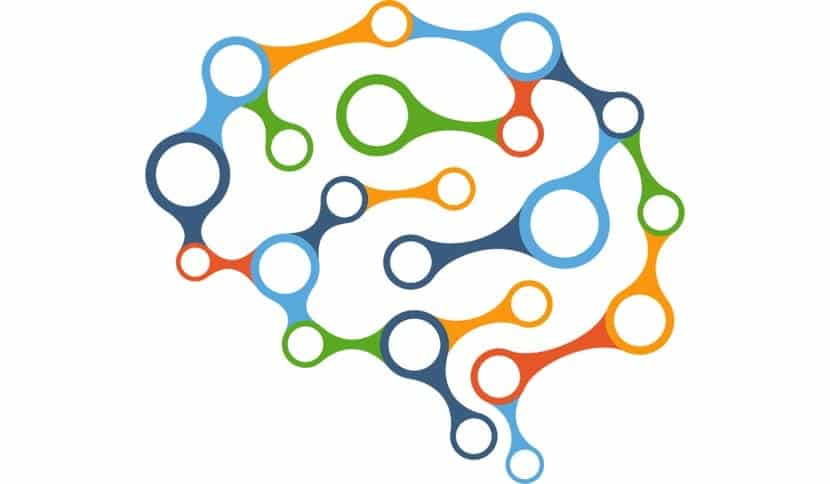
If you have ever heard “learning style” you will know that children learn in different ways and the best way to do this is by respecting their rhythms and their style. There are children who better absorb information through sight, others through hearing. It is necessary to know that children do not only have a "single" learning style. They have their own individuality and that is why multiple intelligences in early childhood education are so important.
People have unique and different intelligence profiles that are shaped by various biological and environmental factors. For example, one child may have great musical and mathematical intelligence and another may have better linguistic or interpersonal intelligence. Individual experiences and genetic variations are responsible.
Multiple intelligences
The Theory of Multiple Intelligences was devised by the American psychologist Howard Gardner, leaving aside the theory of a single human intelligence. He proposed that human life requires the development of different types of intelligence. The different types are as follows:
- Space. It is the ability to visualize, create and manipulate something in a space, like what an airplane pilot, an architect or a chess player can do.
- Body or kinesthetic. This type of intelligence has to do with the use of gross motor skills or fine motor skills to express oneself, create, learn or solve problems; it involves coordination and dexterity and the use of the whole body or parts of the body, such as the hands.

- Musical. It is the ability to express oneself, understand and create through music: singing, playing musical instruments, composing, conducting, etc. Involves musical skills such as sensitivity to rhythm, pitch, pitch, timbre
- Linguistics. It involves having the ability to be in tune with the meaning of words and sound, rhythms, inflections, and the word meter, as a poet would. It may involve reading, writing, speaking ... having an affinity for foreign languages.
- Mathematics / Logic. It is the ability to understand and recognize the patterns and relationships between numbers and actions or symbols, possess computer skills, have the ability to solve various problems through logic.
- Interpersonal Sometimes called social intelligence, interpersonal intelligence refers to the ability to be in tune with the feelings, emotions, and temperament of other people. People with high interpersonal intelligence tend to be good at communicating and understanding other people and are good at working with others.
- Intrapersonal. It is the awareness of one's feelings, thoughts, anxieties and traits, and the ability to use that understanding of oneself to control one's impulses and behaviors and to make plans and decisions.
- Naturalist. It involves the ability to understand nature (plants, animals, the environment, etc.) and to identify, observe, classify and understand and its distinctive characteristics. This intelligence helps us to use elements and patterns in the natural world to create products or solve problems.
Help children learn better through Multiple Intelligences
Parents know that children have unique abilities and interests and that even siblings can have vastly different natural abilities and likes and dislikes. One child may devour books and love to dance, another may be very fond of animals, and another child may love music and math. That is the beauty of human beings: we are such interesting and different creatures, and Any parent who has seen a child develop a keen interest and obsession with something knows that children are very different people.

But as much as we see natural interests and talents develop in a child, it is important to remember not to label a child as one thing or another. We have a tendency to try to label children, like with IQ tests, and when you do that, you tend to pay less attention to their fluency. The way children learn can change over time. Parents You can help your children learn better from a young age with the following tips:
- Spend time with the kids and see what they like. It's the only way to know what kids like… by watching them every day! It is necessary to have lunch and dinner as a family, that children have time to play both alone and with other children.
- Value a child's strengths instead of focusing on what they can't do. Instead of thinking, "My son is not good at math," develop your child's sense of pride in the things he is good at and likes.
- Increase your children's confidence. If your child has trouble writing or doing homework, build his confidence by helping him with what he has the most difficulty with.
- Have realistic expectations. Do not pressure children with expectations that are not up to their real ability. Allow your child to have his own learning pace ... to grow in his own way.
- Consider the value of other intelligences. In early childhood education, it is valued that children discover things and share with others ... in each educational stage different milestones are taken into account but it is necessary not to value everyone equally because each one has their own pace of learning and their own potential in different areas.
Promote Multiple Intelligences in Early Childhood Education
Everyone has their own pace of learning and teachers need to pay attention to this, allow teachers to show what they learn and how they do it. Teachers must take into account the different multiple intelligences in order to present learning concepts in different ways. It is also necessary to take into account the interests and concerns of children to enhance different types of learning. For example, if a child has a hard time reading but loves dinosaurs, reading can be enhanced with texts that talk about dinosaurs.

There are many ways that teachers can use a variety of strengths through reflective curriculum design and instructional practice. Presenting the topic for learning in various ways accomplishes two important things: it gives students more opportunities to understand the material (some children may learn better by reading about it, others by acting out a story, others by doing something related to the topic with their hands), and at the same time, it helps all students to understand the material more fully and deeply because now they can think about it in several different ways, giving them a richer learning experience, allowing them to think of something in different ways and helping them master the topic. Understanding multiple intelligences helps teachers to have richer learning for children.